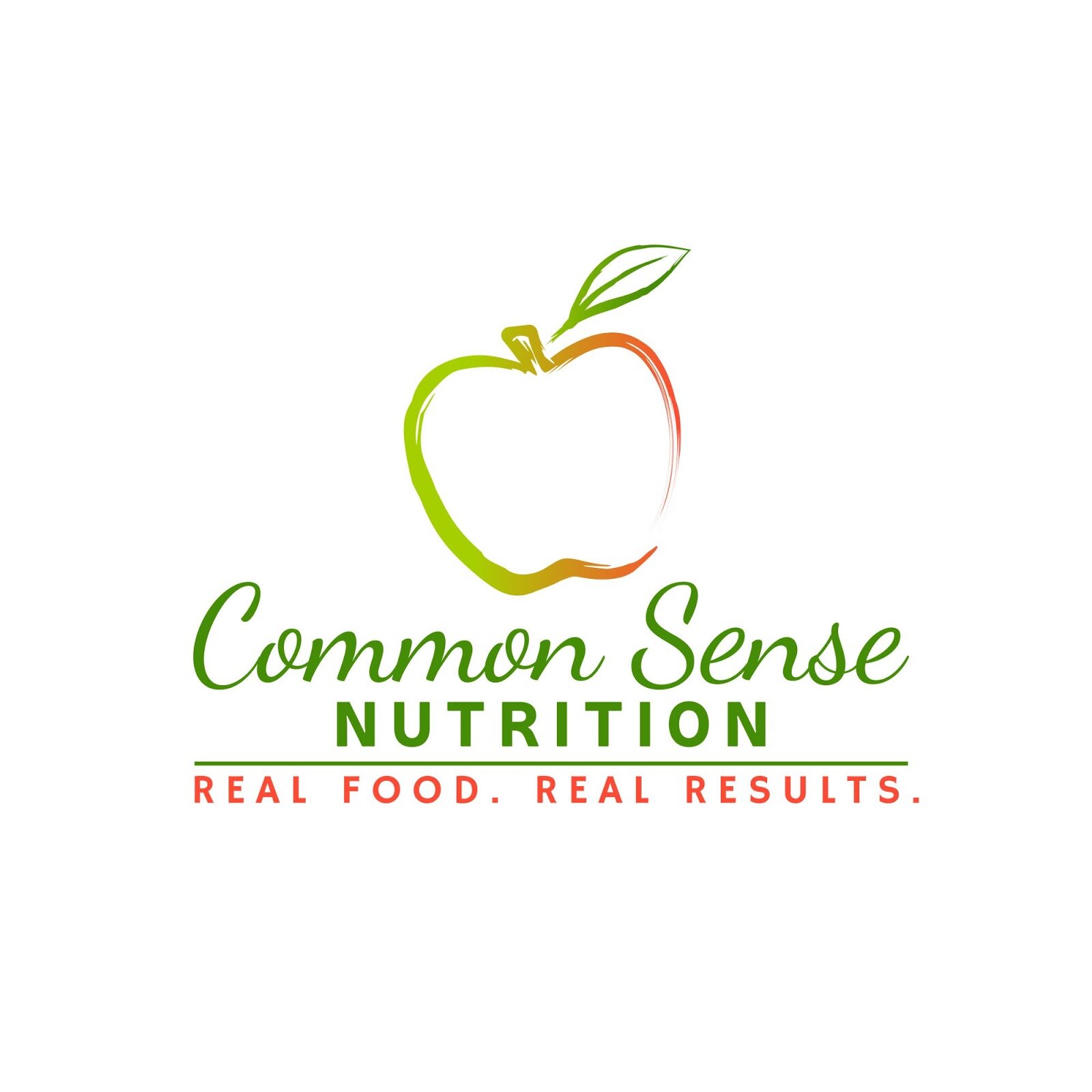Worried About Skin Cancer? Supplements and Foods to Prevent a Recurrence

Worried About Skin Cancer? Supplements and Foods to Prevent a Recurrence of Skin Cancer
Have you or a loved one had a basal cell carcinoma removed? I had one removed from my face about a year ago. Although it was not considered a serious problem, I was concerned about scarring as well as having it happen again. For the record, I have a light complexion and spent time in the sun as a young person. Both of these factors increased my risks because basal cell carcinoma is caused by UV radiation from the sun.
Skin cancer is the most common type of cancer. Still, the good news is that certain lifestyle changes, including diet and supplementation, can significantly prevent its recurrence. After initial treatment, maintaining healthy skin and boosting your immune system can be your first line of defense. Below, I’ll share what supplements and foods I use to help prevent skin cancer from coming back.
The Role of Diet in Skin Cancer Prevention
The connection between diet and skin health is well-documented. Nutrient-rich foods can provide your body with the antioxidants, vitamins, and minerals it needs to repair damage and protect against future harm. Here are some of the most beneficial nutrients and foods:
1. Antioxidant-Rich Foods
Antioxidants are powerful compounds that protect your skin from oxidative stress and damage caused by UV rays. They neutralize free radicals — unstable molecules that can lead to cancerous cell changes.
Berries (blueberries, strawberries, raspberries): High in vitamins C and E — potent antioxidants.
Dark Leafy Greens (spinach, kale, Swiss chard): Contain beta-carotene and other carotenoids that support skin health.
Nuts and Seeds (almonds, sunflower seeds, flaxseeds): Rich in vitamin E, selenium, and zinc, which have protective effects against UV damage.
2. Omega-3 Fatty Acids
Omega-3 fatty acids have anti-inflammatory properties that can reduce the risk of skin cancer. They are also known to protect the skin from sunburn and sun-induced damage. A recent meta-analysis describes omega-3 fatty acids as “photoprotective nutrients” (Black & Rhodes, 2016) and suggests the need for even further study.
Fatty Fish (salmon, mackerel, sardines): These fish are among the best sources of omega-3s.
Chia Seeds and Flaxseeds: Plant-based options high in alpha-linolenic acid (ALA), a plant-based type of omega-3.
3. Vitamin D
Vitamin D plays a crucial role in skin health and immune function. While sun exposure is the most natural way to obtain vitamin D, excessive sun exposure can be risky. Therefore, supplementation or obtaining it from food sources can be a safer option.
Mushrooms: One of the few plant sources of vitamin D.
Fortified Foods: Look for fortified dairy products
Supplements: Vitamin D3 supplements can help maintain adequate levels, especially in people with low sun exposure.
4. Lycopene-Rich Foods
Lycopene is a carotenoid with strong antioxidant properties. It has been shown to protect the skin against damage from UV radiation.
Tomatoes and Tomato-Based Products: Cooking tomatoes increases the bioavailability of lycopene.
Watermelon and Pink Grapefruit: These fruits are also excellent sources of lycopene.
Key Supplements for Skin Cancer Prevention
In addition to a diet rich in the above foods, certain supplements can provide additional support in preventing skin cancer recurrence:
1. Vitamin C
Vitamin C is a powerful antioxidant that supports the immune system and skin health. It also aids in the repair of damaged skin cells and can enhance the skin’s defense against UV radiation (Wang et al., 2018).
Dosage: 500–1,000 mg daily is generally recommended, but consult a healthcare provider.
2. Vitamin E
Vitamin E works synergistically with vitamin C and offers protective benefits against UV radiation. It also helps repair skin and prevent oxidative damage.
Dosage: Around 400 IU daily, but dosage should be individualized based on your needs.
3. Omega-3 Fatty Acid Supplements
If you don’t consume enough omega-3s through food, consider a high-quality fish oil or algae-based supplement to reduce inflammation and protect your skin.
Dosage: 1,000–4,000 mg of EPA and DHA combined per day (Black & Rhodes, 2016).
4. Nicotinamide
Nicotinamide is a form of B3. Unlike regular niacin, it does not cause flushing. In a study out of New Zealand, a country with high rates of basal cell carcinoma, the use of nicotinamide for 12 months was found to decrease the rate of new cancers by 23% (Chen et al., 2015).
Dosage: between 500 and 1500 mg daily, but consult with your nutritionist for guidance.
Conclusion
While no diet or supplement regimen can eliminate the risk of skin cancer recurrence, incorporating antioxidant-rich foods, omega-3 fatty acids, and specific vitamins and minerals into your daily routine can support your body’s natural defense mechanisms. As always, consult with your nutritionist before starting any new supplement regimen, especially if you have a history of skin cancer.
By making these dietary changes and prioritizing your skin health, you can take proactive steps to protect yourself against the recurrence of skin cancer.
Disclaimer
The included information is not meant to or should not be used to replace or substitute medical treatment, recommendations, or the advice of your physician or health care provider. The information contained within is strictly for educational purposes and is based on evidence-based nutrition. If you believe you have a medical problem or condition, please contact your physician or healthcare provider.
References
Black, H. S., & Rhodes, L. E. (2016). Potential Benefits of Omega-3 Fatty Acids in Non-Melanoma Skin Cancer. Journal of clinical medicine, 5(2), 23. https://doi.org/10.3390/jcm5020023
Chen, A. C., Martin, A. J., Choy, B., Fernández-Peñas, P., Dalziell, R. A., McKenzie, C. A., Scolyer, R. A., Dhillon, H. M., Vardy, J. L., Kricker, A., St George, G., Chinniah, N., Halliday, G. M., & Damian, D. L. (2015). A Phase 3 Randomized Trial of Nicotinamide for Skin-Cancer Chemoprevention. The New England journal of medicine, 373(17), 1618–1626. https://doi.org/10.1056/NEJMoa1506197
Wang, K., Jiang, H., Li, W., Qiang, M., Dong, T., & Li, H. (2018). Role of Vitamin C in Skin Diseases. Frontiers in physiology, 9, 819. https://doi.org/10.3389/fphys.2018.00819
